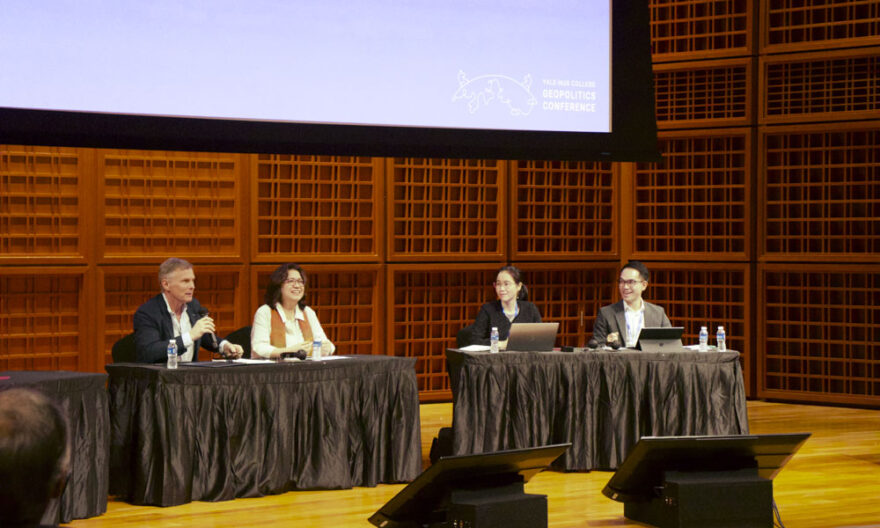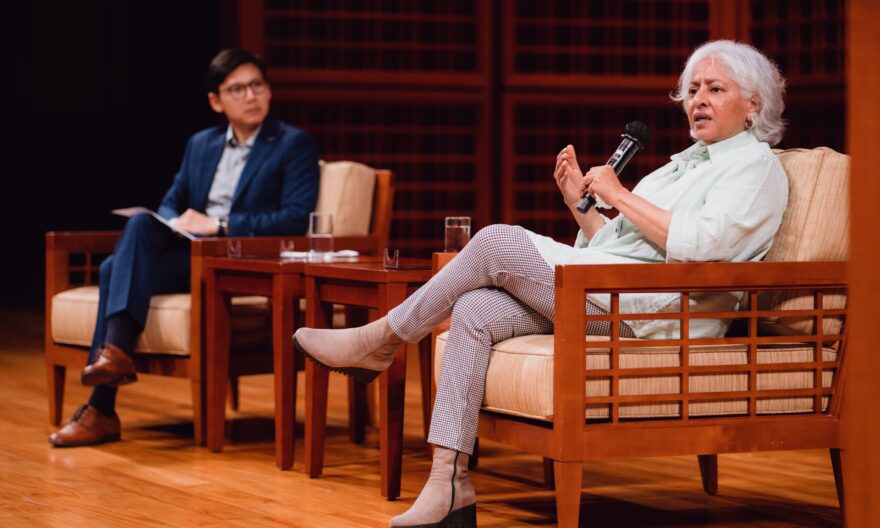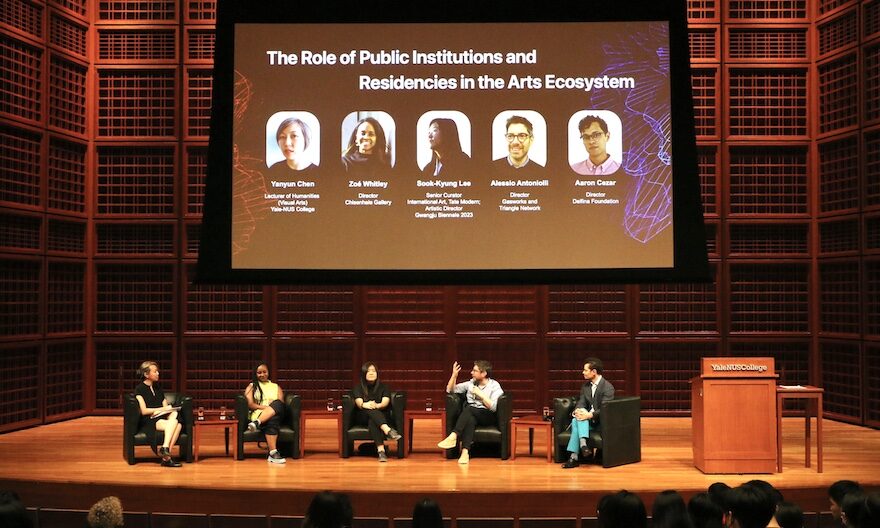Wong Ngit Liong Professorship brings Professor of Social Sciences Lee Cuba to Yale-NUS College
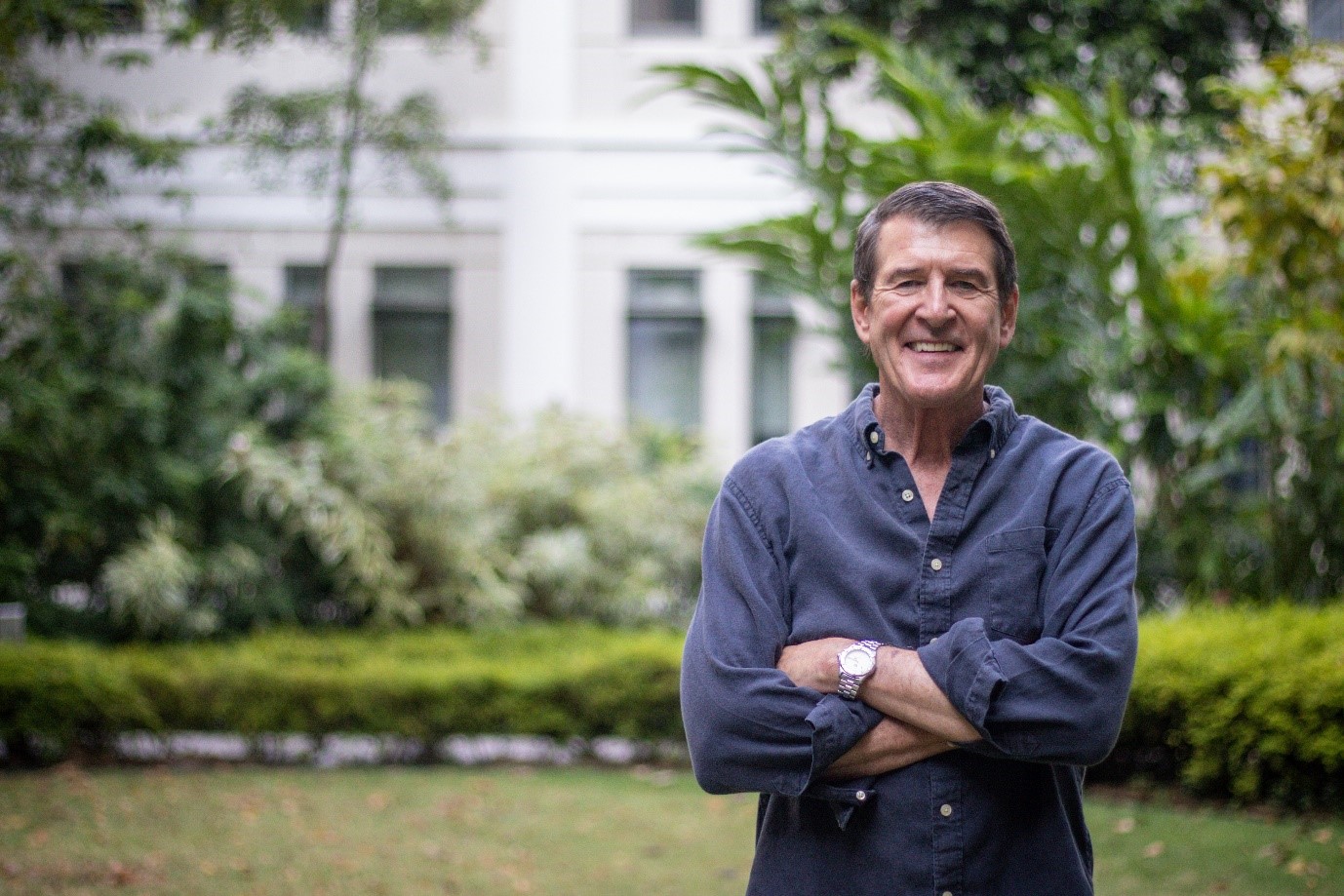 Visiting Wong Ngit Liong Professor of Social Sciences Lee Cuba. Image provided by Tan Shan Min.
Visiting Wong Ngit Liong Professor of Social Sciences Lee Cuba. Image provided by Tan Shan Min.
Researcher and Professor of Social Sciences Lee Cuba, who specialises in the sociology of education at Wellesley College, was named the inaugural Visiting Wong Ngit Liong Professor at Yale-NUS College in January 2020.
Named in honour of Mr Wong Ngit Liong, former Chairman of the National University of Singapore (NUS) Board of Trustees and Chairman and Chief Executive Officer (CEO) of Venture Corporation, the Professorship aims to bring distinguished faculty from all over the world to teach at the College. It was established in 2017 by members of the NUS Board of Trustees and friends of Mr Wong to recognise the contributions he had made during his tenure at the university. These included raising the university’s reputation and playing a key role in formulating and charting its strategies and goals in the areas of education, research, entrepreneurship and service.
Surprised and greatly honoured to have received the Professorship, Prof Cuba said, “Wellesley seldom invites faculty to visit, and my time at Yale-NUS showed me the value of this practice to both visiting faculty and the host institution. I grew both as a teacher and scholar while at the College, interacting with students and colleagues I would never have met otherwise. I am grateful for the support and recognition afforded by the Professorship and look forward to staying connected to Yale-NUS in the years to come.”
No stranger to the Yale-NUS family, Prof Cuba had been invited to participate in a review of the Centre for Professional and International Experience (CIPE)’s Week 7 experiential learning programme for first-year students in 2018. Describing his fascination with what he called a “unique and imaginative” decision to incorporate off-campus experiences into the Common Curriculum, as well as the investment of faculty and staff in innovatively building a new institution from the ground up, he quickly jumped at the opportunity to return to Yale-NUS as the College’s inaugural Visiting Wong Ngit Liong Professor.
During the semester, Prof Cuba taught an introductory course on Deviance and Conformity and additionally served as advisor to Executive Vice President (Academic Affairs) Professor Joanne Roberts, where he helped to further develop CIPE’s experiential learning programmes in line with its liberal arts experience. His wife, Professor Patricia Ewick, also joined the College on a visiting professorship, teaching courses on the sociology of law and punishment, politics and culture.
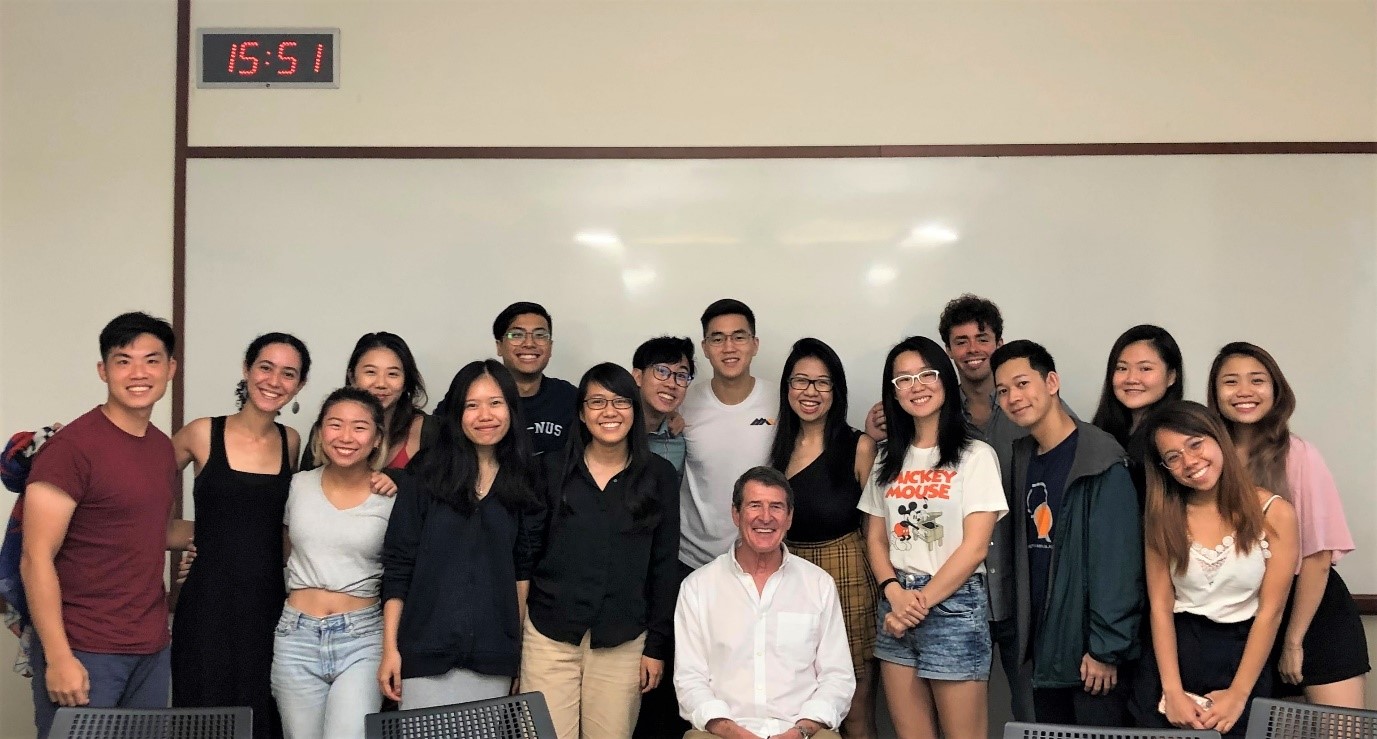 Prof Cuba with his students. Image provided by Izzah Haziqah Binte Harisfadillah.
Prof Cuba with his students. Image provided by Izzah Haziqah Binte Harisfadillah.
While Prof Cuba was initially concerned that his course might have fewer enrolments as he was a relatively new face to the student body, this proved to be unfounded as it was well-received by students. Izzah Haziqah Binte Harisfadillah (Class of 2020), who described Prof Cuba as genuine and caring amidst the disruptions of the COVID-19 crisis, said, “Looking back, I think it was one of the best classes I have taken at Yale-NUS! It was highly engaging and eye-opening – we learnt about the key theories of deviance and discussed many interesting case studies from around the world. This class was unique in that it was taught by a distinguished visiting professor who has had experience teaching multiple versions of this class for 40 years. It also offered a sociological perspective that is not available in the usual course selections at Yale-NUS.”
Izzah also praised having visiting professorships at the College, as they increased the diversity of perspectives, knowledge and access to course selections for students without them needing to embark on a costly semester abroad exchange.
When asked about his favourite memories of Yale-NUS and Singapore, Prof Cuba said he was struck by the College’s closely knit community. “I knew [my students] would be bright, engaged and committed to the course, but I didn’t know they would be so concerned for the welfare of each other and of me,” he said. “They cared for and wanted all of us to succeed, and that is something I will remember and miss for a long time.”
Such a fondness for the community also extended to his colleagues – whom he described as “gracious hosts” – as well as the vibrant social and cultural life of the residential community at Yale-NUS.
Counting laksa, satay, Hainanese chicken rice, roti prata, and hokkien mee as some of his favourite Singaporean dishes, he added, “One of my most memorable evenings during my visit was the night when two of my students took me to Redhill for hokkien mee. They assured me that one of the stalls in the market there was the only place to go for this dish. I don’t know if that’s true, but it was delicious!”

